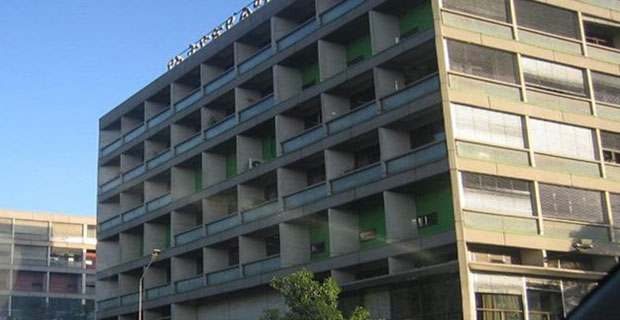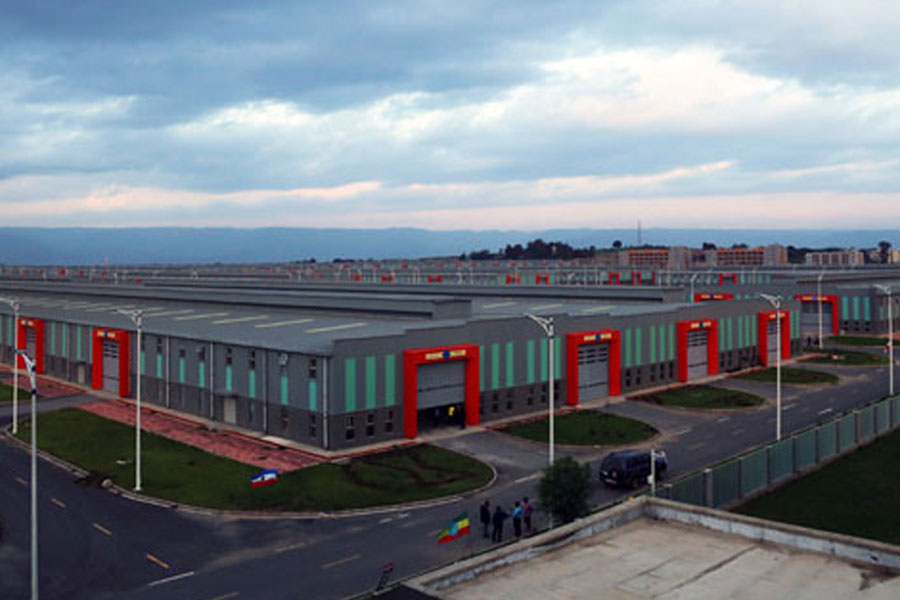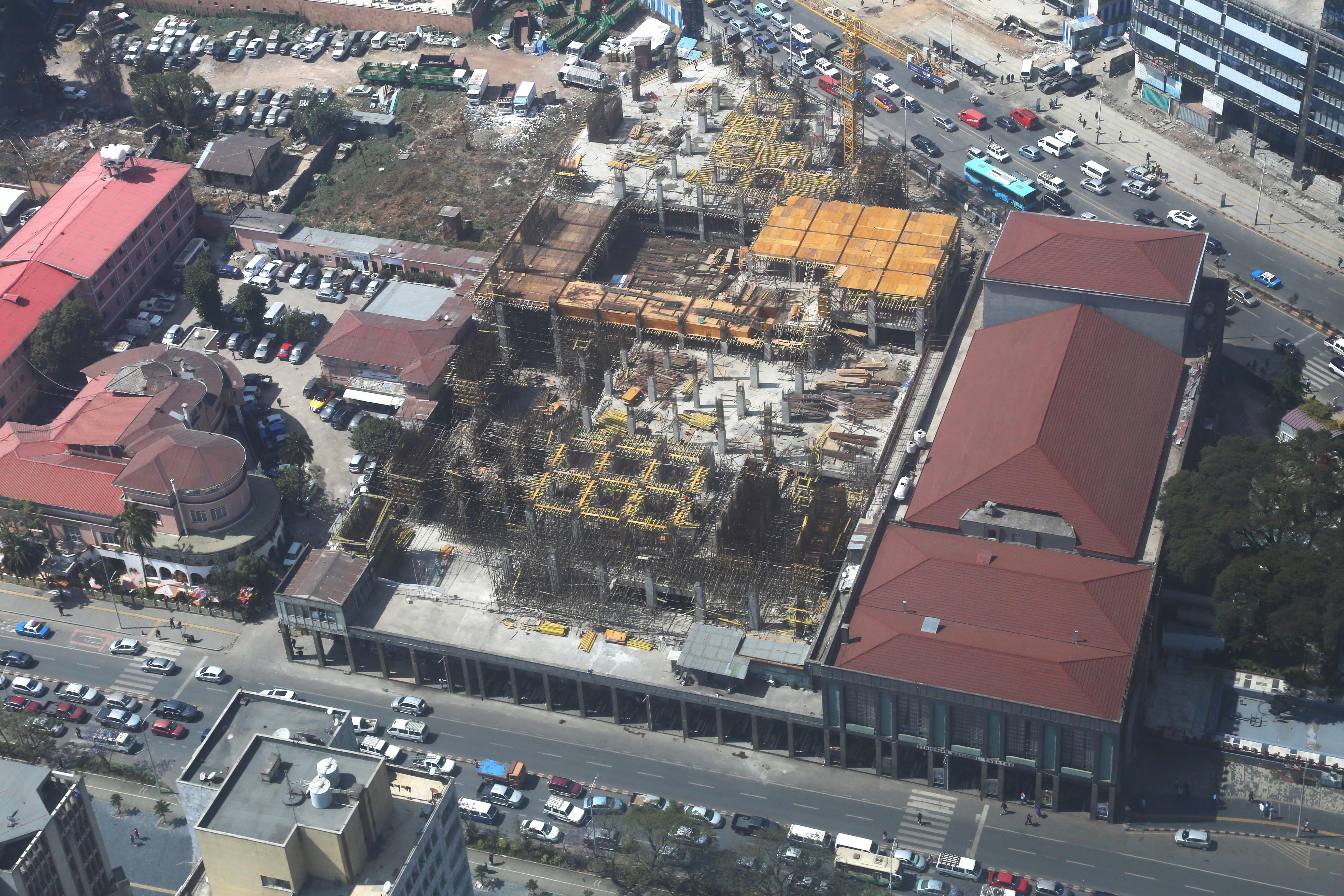
Radar | May 16,2020
I went into one of the meat eateries near the Ayat train station to eat breakfast, suddenly realising that I was starving while running an errand. It was a small restaurant but famed for good cuisine.
I had to squeeze between the cashier and the barman to reach the hand wash sink at the back. Although it was broad daylight, the windowless, dimly lit corner made me fumble to find the soap and tap to clean.
A faint foul smell emanated from the toilet, which grew stronger by the moment. My empty stomach churned as my nostrils were filled with the unpleasant odour as I rushed to exit the insufficiently flushed and ventilated area.
Relieved to be out in the open once again, I waited for my service in the outdoor seats. Thankfully, the food arrived from the kitchen on a separate side of the lavatory.
After relishing my tasty breakfast, I decided against exposing myself to the unpleasant toilet condition which might have easily prompted a gag reflex after a full stomach. I opted to clean my hands with a napkin and left the restaurant.
I took a few steps into the residential compound nearby and reached a kiosk to buy some lemon which I used as an excuse to ask for some water. Using it along with one of the fresh lemons to sanitise my hand, I was good to go.
Embarking on restrooms that are overused, poorly sanitised, confined in narrow and poorly lit corners is all too familiar around the Ayat Square area which boasts a series of meat eateries. Although I am no regular, I occasionally indulge in one of my favourite breakfast items roasted intestine (Dulet) and a pint of lager on relatively quieter mornings.
The establishments have fanciful designs and top-notch meals with exorbitant prices and are busy from dusk till dawn serving alcoholic drinks beverages. However, the negligence to keep a decent and clean restroom is a telltale sign that owners do not consider it part of the customer service.
It is an obvious blemish that tarnishes the reputation of businesses in the hospitality industry.
In all fairness, some reputable fast-food brands and restaurants in the area have meticulously clean and spacious restrooms in much better condition than the city average. The situation seems unique to the meat eateries in the area, which is ironic considering they cater by far to the highest number of customers. I really wish they had paid as much attention to availing a clean restroom, which might have helped as a competitive edge.
The experience is a microcosm of the larger issue of poor sanitation. There is a general laxity in the need for decent and well-functioning toilets.
People seem to focus on the services they receive from businesses like restaurants, public offices, shops and shockingly, hospitals and do not exercise their right to demand the availability of clean restrooms.
There appears to be tolerance for poorly maintained or non-existent bathrooms as if it is a minor issue. The same mindset is shared by service providers who do not give due attention and consider availing of usable washrooms as part of their obligation.
In a recent video, I watched featuring billionaire and tech mogul Bill Gates on a brand new toilet seat in a garden located in sub-Saharan Africa, the display of a dilapidated pit latrine with walls and a door made of highly corroded corrugated sheets triggered a thought of the prevalence of inaccessibility of restrooms in the city.
The inside of the toilet looked even worse than the outside, and it had a terrible smell, as Gates described it. He went on to explain how latherin lacks the ability to process waste, which can lead to the spread of infectious diseases caused by pathogens.
The conversation further delved into how the typical flush-type bathroom is ubiquitous in much of the developed world as a luxury and unaffordable to the less privileged multitudes of the third world.
I was impressed by the partnership with Samsung to invent a waterless toilet system that recycles and decomposes human waste into harmless ashy substances. This innovative idea aims to address the scarcity of water resources and revolutionise the outdated flush toilet system that has remained unchanged for 500 years.
The powerful message and expectation to make it affordable for all brought to mind the current situation in Addis Abeba.
With an ever-growing migrant and visiting population and lack of infrastructure, the concern for access to toilets is an existential challenge for the sizeable portion of the populace. It is much more dire in crowded areas where some resort to using open spaces to relieve themselves, creating a distasteful stench and revolting eyesore and ultimately leading to a public health hazard.
I recall urgently needing to use the restroom while exploring downtown Vienna, Austria. Upon entering the spacious lobby, I quickly approached the receptionist, who was dressed in a black tuxedo and white shirt with a butterfly cravat. I explained my emergency, and he kindly escorted me to the nearest restroom which was large, clean, and had a pleasant fragrance, that helped me to relax after the stressful situation.
When I returned to the lobby, I thanked the man for his understanding and kindness. He expressed his appreciation for my visit and hoped that I would return in the future. Even though this may have been part of the hotel's protocol, it meant a lot, given my situation at the time and considering the inconveniences in my hometown.
The dire situation in Addis Abeba, heightened by poor sanitation and inconsistent water supply is alarming. The absence of a standard system, which could safely recycle and dispose of waste, exacerbates the plight.
Having access to a suitable toilet is a fundamental human right, according to the UN Human Rights Council's policy from July 2009. The International Transport Workers Federation strongly suggests that "Toilet Rights Are Human Rights!"
Other organisations, such as the WHO, IAEA, ILO, and FAO, also recognise the importance of having a safe and clean facility to relieve oneself. Unfortunately, UN-Water reports that 3.5 billion people worldwide lack access to safe sanitation, with Bill Gates noting that 2.5 billion of them have no access to toilets.
About two decades ago, Sileshi Demissie a.k.a. Gash Abera Molla, made significant contributions to improving access to beautifying the city. Although it did not catch on, his tireless and selfless efforts to raise awareness and enhance the quality of life in the city will always be remembered. His campaigns and the impact he had on the mindset of youth and city residents are more crucial than ever. However, Addis Ababa cannot rely on just one hero to solve its problems.
It requires a collective effort. Investing in sanitation facilities and awareness creation on the importance of a clean city creates a healthier and more dignified lifestyle. It is a strategic opportunity that benefits all.
PUBLISHED ON
Sep 30,2023 [ VOL
24 , NO
1222]


Radar | May 16,2020

Fortune News | Jan 18,2020

Radar | Oct 14,2023

Fortune News | Jan 22,2022

Fortune News | May 23,2020

Fortune News | Mar 09,2019

Editorial | Dec 31,2022

Fortune News | May 08,2021

Radar | Jan 16,2024

Radar | Dec 25,2023

Dec 22 , 2024 . By TIZITA SHEWAFERAW
Charged with transforming colossal state-owned enterprises into modern and competitiv...

Aug 18 , 2024 . By AKSAH ITALO
Although predictable Yonas Zerihun's job in the ride-hailing service is not immune to...

Jul 28 , 2024 . By TIZITA SHEWAFERAW
Unhabitual, perhaps too many, Samuel Gebreyohannes, 38, used to occasionally enjoy a couple of beers at breakfast. However, he recently swit...

Jul 13 , 2024 . By AKSAH ITALO
Investors who rely on tractors, trucks, and field vehicles for commuting, transporting commodities, and f...

Oct 11 , 2025
Ladislas Farago, a roving Associated Press (AP) correspondent, arrived in Ethiopia in...

Oct 4 , 2025
Eyob Tekalegn (PhD) had been in the Governor's chair for only weeks when, on Septembe...

Sep 27 , 2025
Four years into an experiment with “shock therapy” in education, the national moo...

Sep 20 , 2025
Getachew Reda's return to the national stage was always going to stir attention. Once...